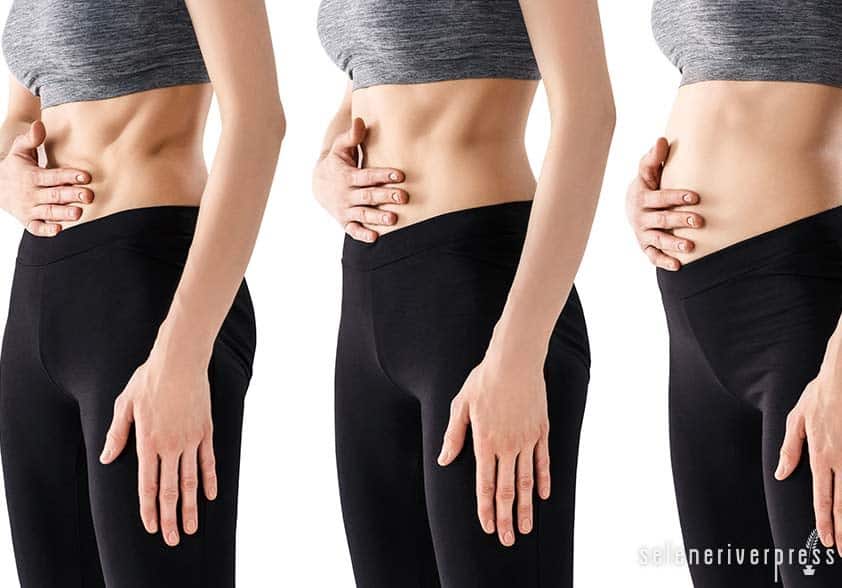Each and every day, all day long, we breathe in and breathe out without any thought whatsoever. This most basic, involuntary task keeps us alive—which alone is a pretty big deal. Who is loony enough to disagree with that? But did you know that breathing also has the power to make our days more calm and relaxed? It does more than simply keep us alive.
Paying attention to how we breathe in different situations can reveal a lot. Feeling stressed, frightened, or worried can lead to shallow breathing. This kind of short, rapid breathing can kick in our flight-or-fight instincts. If we do it for too long, it can lead to lightheadedness, an increased heart rate, and even chest pains. Make it a daily habit and it can cause some major problems, as evidenced by the fact that shallow breathing is the cornerstone to many anxiety disorders.
Focusing on your breathing and practicing longer, deeper breaths can become your new habit. Ideally, healthy adults take 12–16 breaths per minute. If you have no idea how many you take in a minute, set a timer and count them. Be honest with yourself and breathe normally. You won’t do yourself any favors by cheating, plus no one else has to know what your number is. Heck, you can even do this exercise when you’re feeling different emotions, just to see how it changes.
Now that you know your base number for breaths per minute, you can see where you fit along the spectrum. Keep in mind that too few breaths isn’t the goal. You need oxygen to come in and carbon dioxide to go out at a steady pace, or about 12–16 breaths per minute.
If your number is outside the average range, what can you do about it?
My favorite method for healthy breathing is guided meditation, which means a speaker guides you through the process. I haven’t mastered meditating on my own quite yet—and I’m not sure I want to. After all, there’s no shame in recruiting some help every once in a while. Not only does the speaker help you focus on your breath, they also tend to have very soothing voices. (If yours doesn’t, ditch ’em.) Focusing on breath + soothing voice = double whammy for calming a person. :)
If guided meditation doesn’t work for you, find a method that does. Start by searching online for “breathing exercises.” Like most anything else you look for on the internet, you’re sure to find more choices than you ever imagined possible. Dive right into the first thing that sounds promising to you—inaction is not your friend. First choice doesn’t work out? Move on to the next one. Repeat as necessary until you find a method you can stick with.
What are the benefits of finding the right breathing technique for you? First off, learning to breathe properly can have a big impact on your health. Deep breathing exercises can reduce your stress level whenever you need it. (While a little stress in your life is a good thing, feeling that way all of the time is not.) As you reduce your stress levels, breathing exercises in turn help lower your heart rate and blood pressure. (Of course, it’s essential that you work with your health care provider to deal with any high blood pressure issues you may have.)
Breathing exercises aren’t just good for your heart, they’re also good for your brain. Learning to control your breathing can actually increase the size of your brain. More specifically, it increases gray matter. With conditions such as Alzheimer’s and dementia on the rise, keeping our brains healthy is critical to our overall well being throughout life.
It’s obvious that breathing does more than just keeping you alive. By paying attention to the way you breathe throughout the day, you can make sure you lead a calmer and healthier life as well.
When was the last time you paid attention to your breath?
Image from iStock/llhedgehogll.



